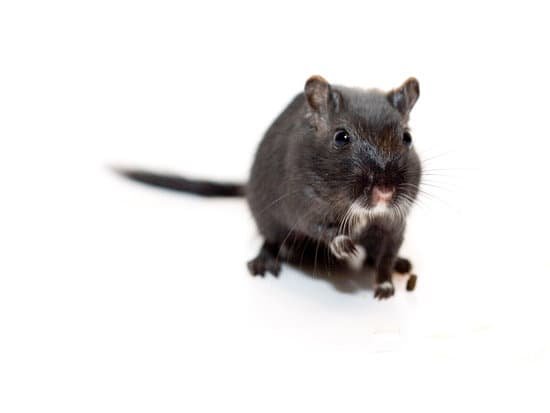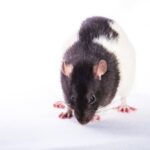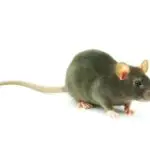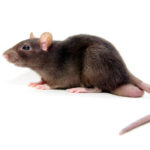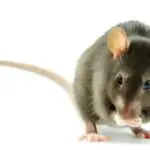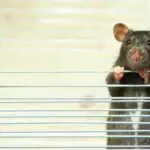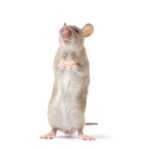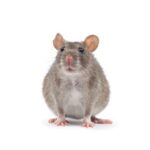Why Are Rats Bad?
Rats are one of the most hated animals on the planet. Not only do they spread disease but they also destroy property and can pose a health risk to people. In addition, rat infestations are difficult to remove, making them an extremely unwelcome guest in any home. They can carry a variety of diseases, including salmonellosis, leptospirosis, and bubonic plague, and are responsible for the spread of over 60 diseases worldwide.
Rats have a voracious appetite and can eat up to a third of their own body weight per day. They also destroy or contaminate food and can even destroy newly planted seeds. Furthermore, rodents can cause structural damage to buildings, destroying wiring and short-circuiting power lines. They may also gnaw on newspapers and insulation in search of nesting materials.
Rats often enter homes through cracks or gaps and will make holes in floors or walls as soon as they invade. These holes are usually circular in shape and two to three inches deep. They are also usually close to walls and are inches from the floor. Rats leave a distinct musk odor.
Rats can be found in every town, city, and farm in the United States. Approximately one rat is found per person, making them a common pest in homes and businesses. Though rodents can be a nuisance, they are beneficial in other ways. They can be a sign of wealth because they leave behind large numbers of offspring. But they are also a major cause of loss for the common man, since they eat stored grains and destroy standing crops.
